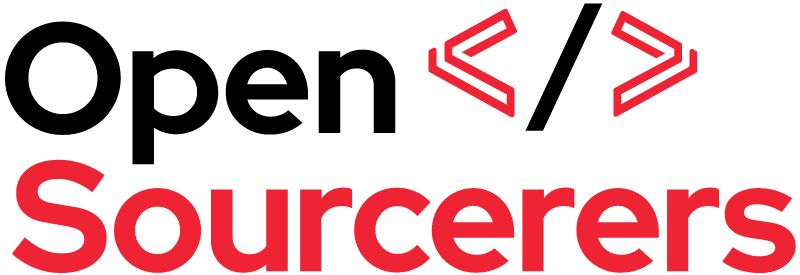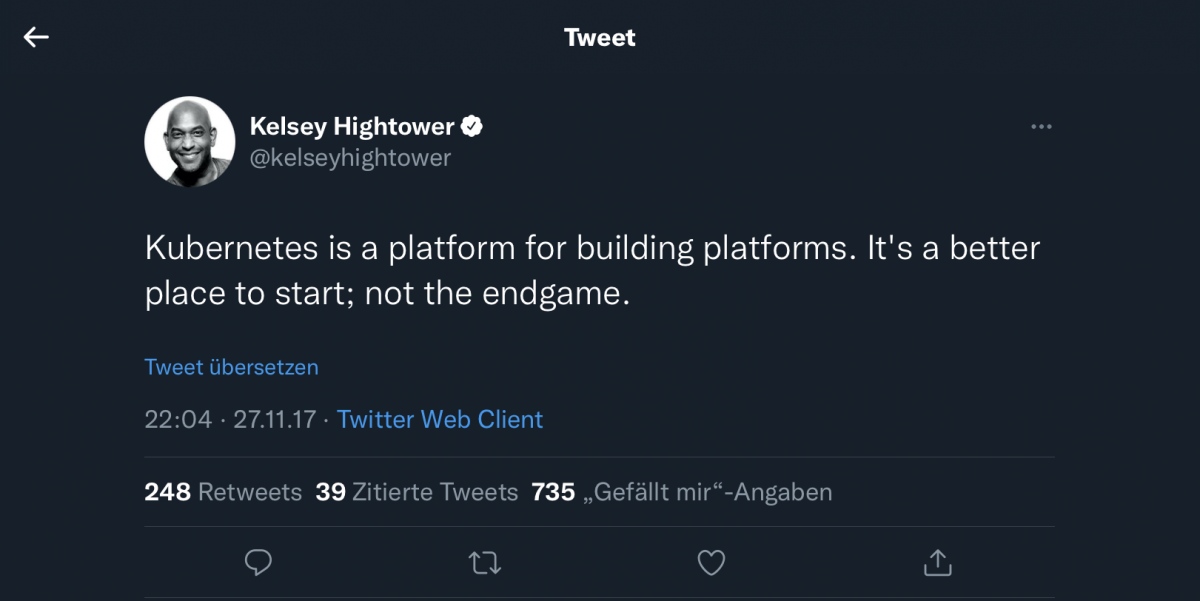This blog post will discuss why Quantum Computing is a natural step to evolve our computing capabilities. I will give a short overview of the core principles and differences to classical computing and how anyone with interest is able to access quantum computers — using Open Source software. Why do we care about quantum computing? […]










